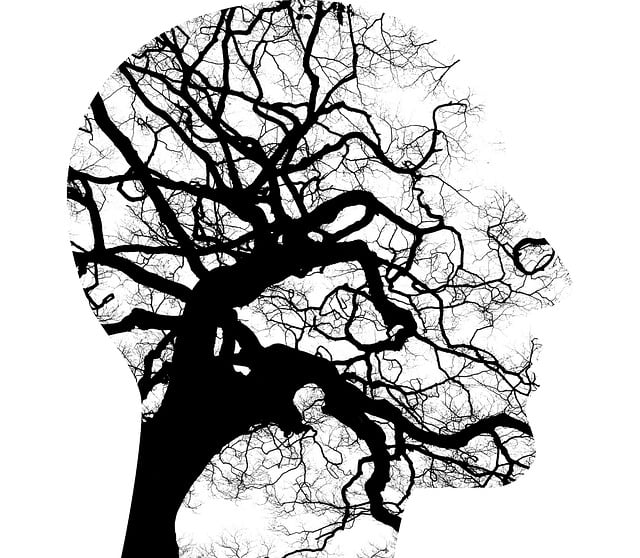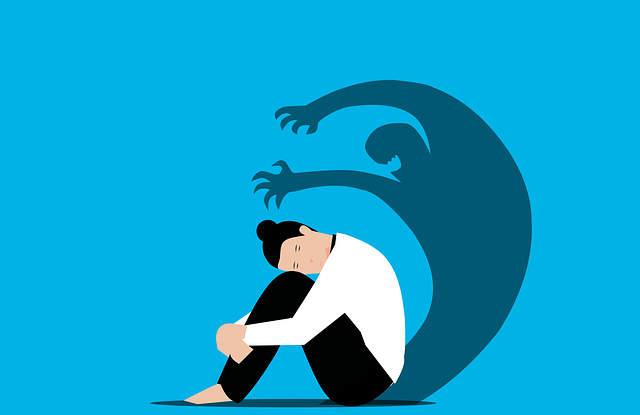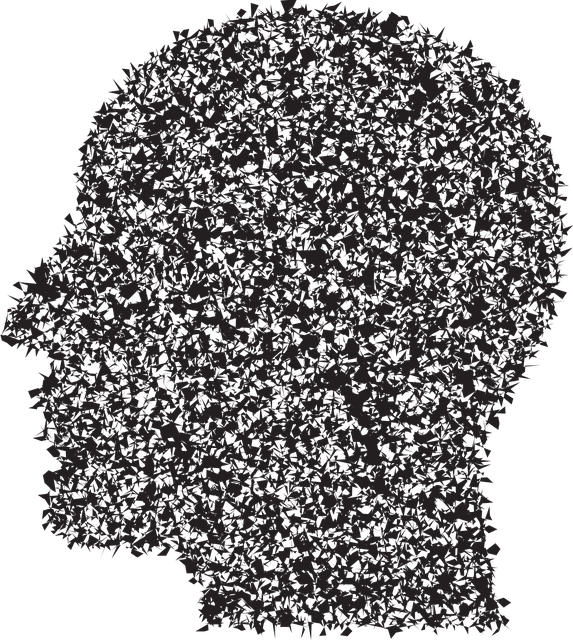Wheat Ridge Exposure and Response Prevention Therapy (RFM) is a powerful, evidence-based approach to building mental resilience by challenging negative thought patterns and behaviors. Through controlled exposure to fears and gradual reconditioning, RFM enhances self-awareness, promotes effective coping mechanisms, and fosters emotional agility. This method, proven effective for phobias, social anxieties, and OCD, combines cognitive strategies with emotional intelligence to improve stress management, self-esteem, and overall mental wellness. Integrating RFM into daily life strengthens resilience, enabling individuals to confront challenges with confidence and adaptability.
“Unleash your inner resilience with a powerful tool known as RFM (Risk, Failure, and Mastery). This article guides you through a transformative journey, starting with ‘Understanding RFM: A Foundation for Resilience’. We delve into the therapeutic techniques of Wheat Ridge Exposure and Response Prevention Therapy, offering practical strategies. From designing tailored exercises to integrating RFM into daily routines, these methods empower individuals to navigate challenges. Discover how this approach fosters long-lasting mental fortitude and adaptability.”
- Understanding RFM: A Foundation for Resilience
- The Role of Wheat Ridge Exposure and Response Prevention Therapy
- Designing Effective Resilience Building Exercises
- Integrating RFM into Everyday Life for Long-Lasting Benefits
Understanding RFM: A Foundation for Resilience

Resilience is a crucial aspect of mental wellness, enabling individuals to navigate life’s challenges and setbacks with strength and adaptability. At its core, building resilience involves developing effective coping mechanisms and a deep understanding of one’s emotional responses. This is where RFM (Wheat Ridge Exposure and Response Prevention Therapy) plays a pivotal role. RFM is a therapeutic approach that empowers individuals by teaching them to recognize, challenge, and modify their negative thought patterns and behaviors.
By exposing oneself to feared situations or thoughts in a controlled manner, individuals learn to manage their emotional responses. This process, akin to Mindfulness Meditation, allows for increased self-awareness and Empathy Building Strategies. Through RFM, one can transform their relationship with stress, anxiety, and fear, fostering mental agility and emotional resilience that lasts.
The Role of Wheat Ridge Exposure and Response Prevention Therapy

Wheat Ridge Exposure and Response Prevention Therapy (ERP) is a powerful tool in the realm of mental wellness coaching programs development. This therapeutic approach focuses on helping individuals confront and manage their fears and anxieties in a safe, controlled environment. By gradually exposing clients to situations that trigger anxiety or avoidance behaviors, ERP enables them to recondition their responses, replacing fear with more adaptive coping strategies.
The core principle behind Wheat Ridge ERP is response prevention, where individuals are encouraged to refrain from engaging in habitual avoidance behaviors during exposure exercises. Over time, this process leads to a significant reduction in anxiety symptoms and enhances overall mental wellness. This method has proven particularly effective for various phobias, social anxieties, and obsessive-compulsive disorders, offering hope and improved quality of life for those seeking anxiety relief.
Designing Effective Resilience Building Exercises

Designing effective resilience building exercises involves integrating evidence-based methodologies like Wheat Ridge Exposure and Response Prevention Therapy (ERP). This approach, often discussed in popular Mental Wellness Podcast Series Production, encourages individuals to confront fears or anxieties in a controlled environment, gradually reducing avoidance behaviors. By repeatedly exposing oneself to stressful situations without resorting to maladaptive coping strategies, individuals can learn to manage their emotions and develop more effective responses.
Incorporating Positive Thinking and Emotional Intelligence into these exercises enhances their impact. Encouraging participants to focus on positive aspects of challenging situations and teaching them to recognize and interpret emotional cues accurately empowers them to navigate stress with greater ease. This holistic approach, which combines cognitive strategies with emotional awareness, contributes to building a robust resilience framework, ultimately fostering mental wellness.
Integrating RFM into Everyday Life for Long-Lasting Benefits

Integrating RFM (Wheat Ridge Exposure and Response Prevention Therapy) into everyday life can unlock profound benefits for mental resilience. This approach, which involves gradually exposing individuals to anxiety-provoking situations while preventing habitual avoidance or safety behaviors, empowers them to face their fears head-on. By practicing self-care and adopting positive thinking strategies alongside RFM, people can enhance their ability to manage stress and adversity.
Self-esteem improvement is another key outcome, as successful exposure leads to a deeper understanding of one’s capabilities and strengths. Over time, this cognitive shift fosters a more positive self-perception, enabling individuals to navigate challenging situations with greater confidence and resilience. RFM, when combined with consistent self-care practices, becomes a powerful tool for cultivating mental fortitude and promoting overall well-being.
Resilience is a powerful tool in navigating life’s challenges, and integrating techniques like Wheat Ridge Exposure and Response Prevention Therapy (RFM) can significantly enhance our ability to bounce back. By understanding RFM’s foundational role in building resilience, utilizing effective exercises, and applying these principles daily, individuals can foster a deeper sense of coping mechanisms and emotional strength. This holistic approach ensures long-lasting benefits, enabling folks to tackle life’s hurdles with newfound confidence and agility.













